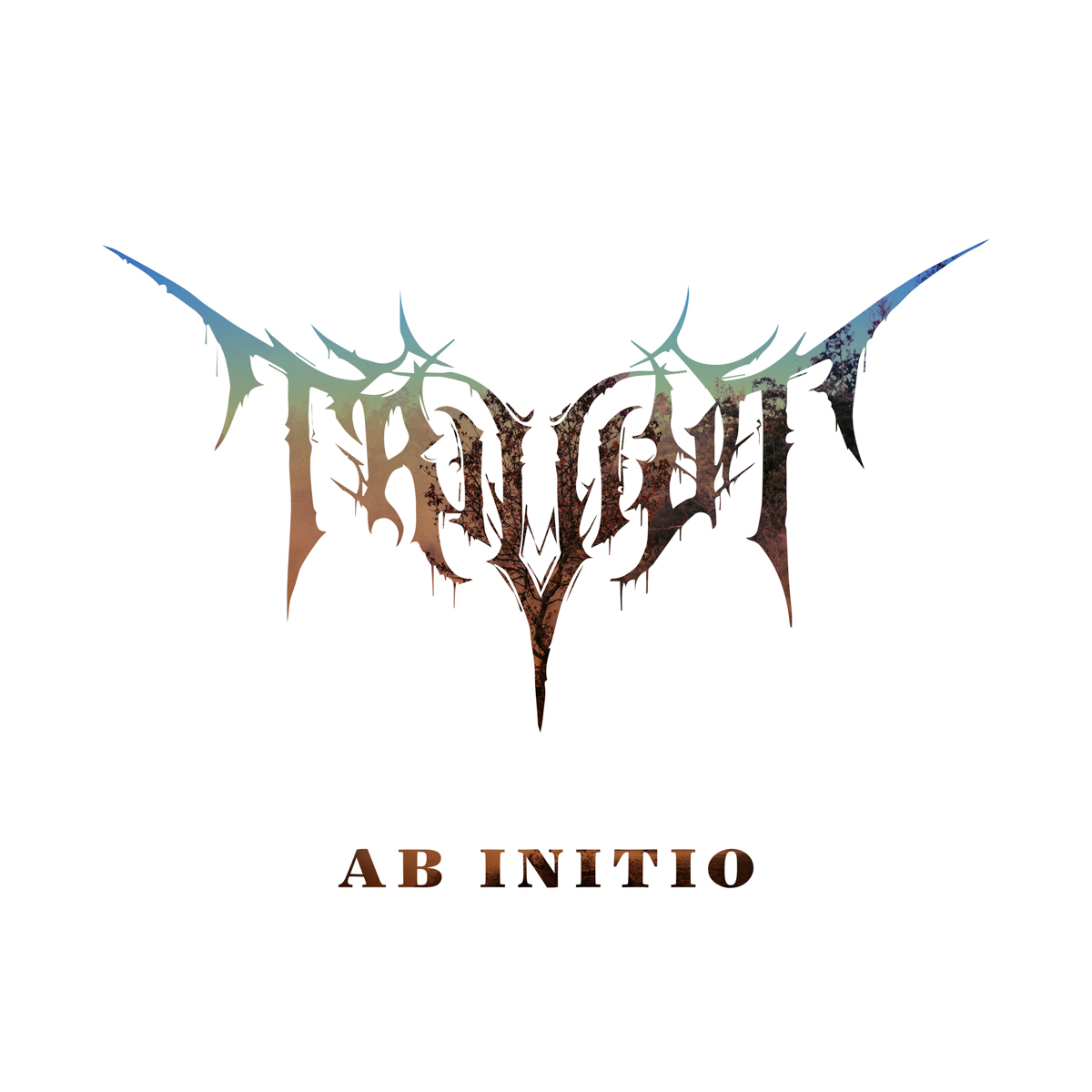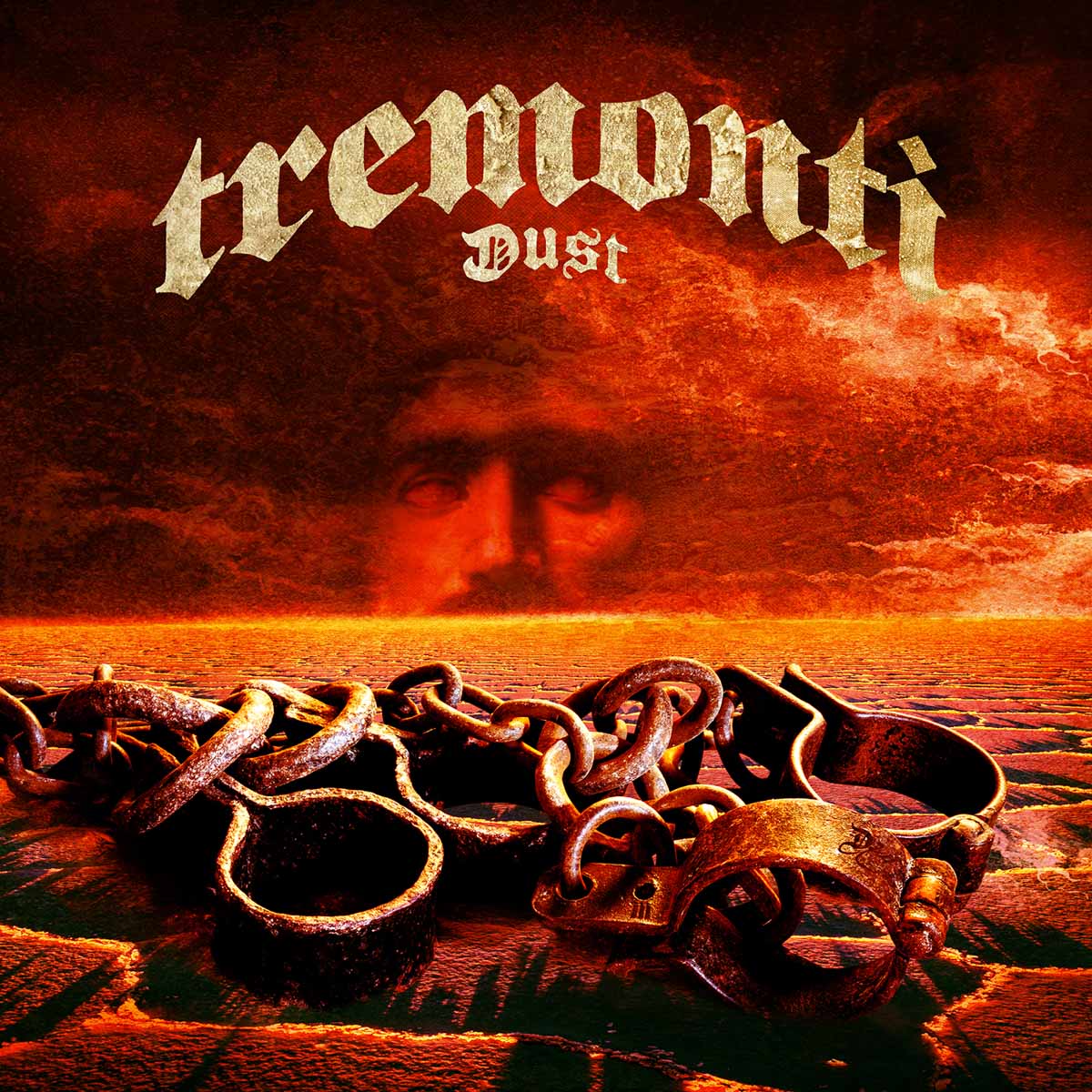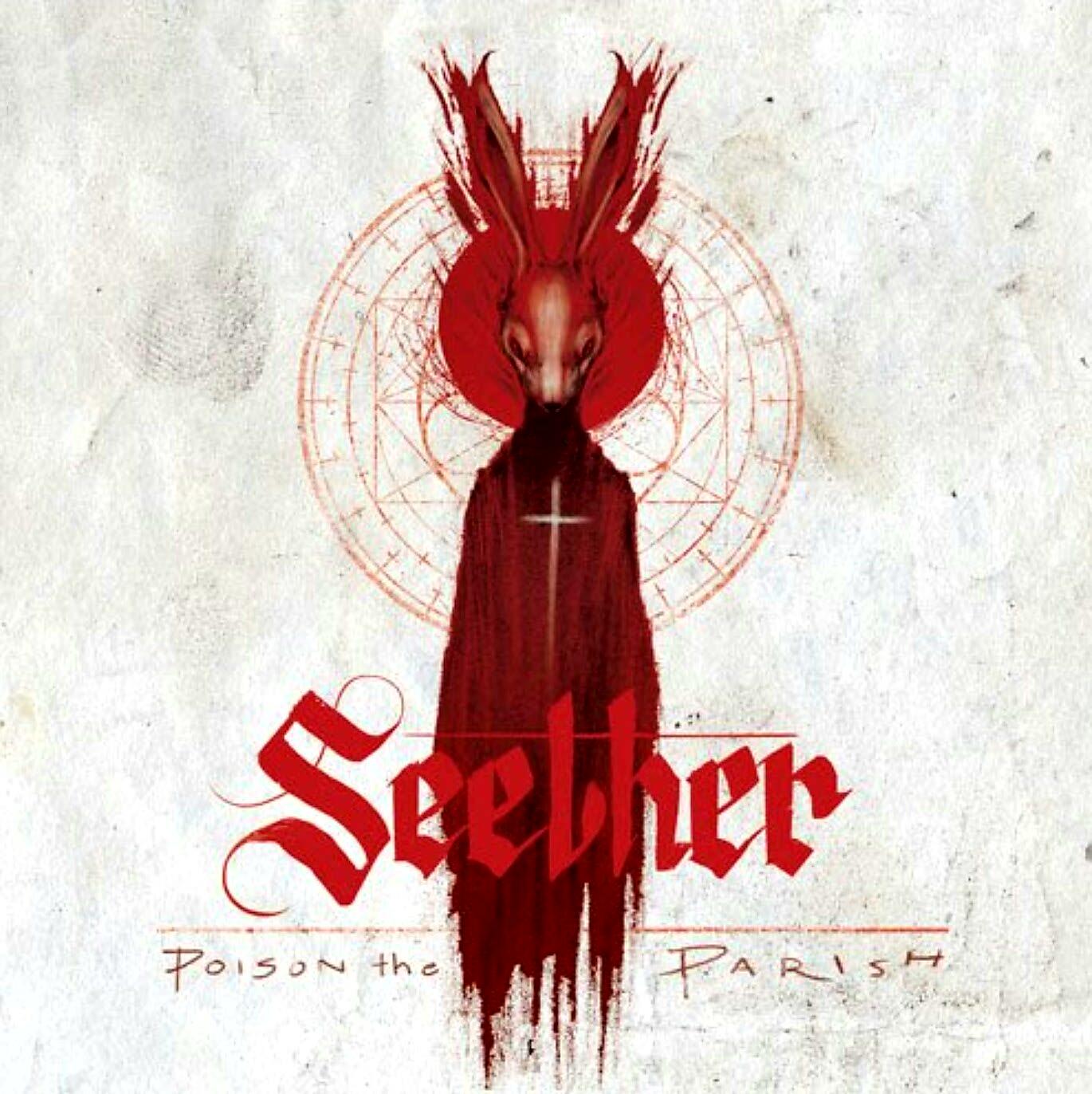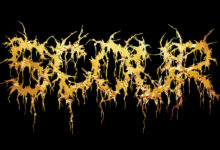I remember when Trivium first came out. It feels like years ago, yet at the same time, it feels like it could have been yesterday. They were one of the first bands that I listened to and thought “this is a band I could follow” – my dad had Iron Maiden and Rainbow; I now had Trivium. [columns] [column size=”1/3″]
Album Title: Ember to Inferno: Ab Initio
Release Date: 18 November 2016
Label: Kiichi Chaos LLC under exclusive licence to Cooking Vinyl America
I couldn’t tell you why I stopped listening to Trivium, mostly because I’m genuinely not sure – it’s not that my music tastes changed that much, as Metallica and Iron Maiden still featured heavily on most of my playlists. They just seemed to drop off my radar for a long time. Listening to this, though, makes me wonder what the hell I was thinking. I was 19 when Trivium first made it big with Ascendancy – eleven years later, I find myself falling for their intense guitars, growling vocals and incessant drums all over again.
The opening track here is, quite frankly, bizarre – I had to listen a good few times to make sure that I was actually listening to the right thing (my laptop has a habit of blasting out random songs for no apparent reason…). If I wasn’t sure whether it was Trivium or not, then “Pillars of Serpents” put that fear to bed. This was the Trivium that I had grown up with and, for a brief period, slightly loved. Boy, was it good to be back.
“If I Could Collapse The Masses” sounds like Metallica, specifically around the Black Album – considering this was recorded as their first album, this is amazing. I would genuinely have expected this from a band that were hitting the top of their game. Not the similarities in style, but the similarities in sound – many bands try to copy Metallica’s style and succeed, to varying degrees. Very few succeed in copying their sound. Yet at the same time, this has a very Trivium feel to it.
“Fugue” and “Requiem” continue along this trend, whereby it’s clear that this is Trivium – albeit not necessarily one we’re used to. “Ember To Inferno,” however, is where the album really takes off – truly turning this album from an ember to an inferno. This is a great song, and one worthy of being the title track for any album.
“Ashes” on the other hand, is borderline melancholic – it’s a strangely troubling piece of music that feels both at home on this album, yet strangely out of place. “To Burn The Eye” brings us kicking and screaming back to the heavy side, with its opening drum riff battering your eardrums till the guitar kicks in. Once it does though, sit back and hold on – this is another tune that rips along with nary a regard for human safety. Which is just how we like Trivium.
“Falling To Grey” luckily has nothing to do with thon Fifty Shades muck – though if this were on the soundtrack, I might be tempted to go and see it. This is probably one of Trivium’s best songs in my eyes. If I had to choose one song to play someone to get them into Trivium, this would be it – it combines all the best bits of their best songs, from growly vocals to pounding drums, and shredding guitars to immense backing vocals.
“My Hatred” is just as angry as it sounds – you can almost taste the bile during this one, which is a good thing. “When All Light Dies” (which sounds like it should be a chapter title in Lord of the Rings) is another epic – but there’s something strange about hearing Matt Heafy basically screaming, “You are beautiful.” Strange in a good way though – especially since the song soon devolves into one of the best guitar solos I’ve heard in a long time. For all their guitar work, solos aren’t really something I have ever associated with Trivium, though this may be because I haven’t had the pleasure of seeing them live.
“A View Of Burning Empires” brings the album to a wonderful close, helping it return to its beginnings, with another hauntingly beautiful work. It seems almost at odds with the rest of Trivium’s early output (and, indeed, much of their later stuff), but it works fantastically well with the opening track. If, like me, you put this on repeat, then it works brilliantly bringing you back to the beginning again.
And, if you think about it, that’s essentially what this album is all about. Bringing us back to the beginnings of Trivium, but not necessarily as we’d know them. There have been many line-up changes and style changes, but Trivium, at their core, have never really changed that much. And this album is proof of that.
At this point, it’s worth noting that this album comes in several different versions, including one with three separate demos. I know which one I’ll be buying when it comes out.
I said at the beginning that I’d drifted away from Trivium for a while – yet I feel like I’ve drifted back to the start again with this album. The more I listen to it, the more I think of the eternal snake that is seen in mythology eating its own tail – I get the feeling that this represents this album perfectly, as Trivium are essentially ‘eating’ their roots with the new album. And for any of you that like, have liked or are yet to like them, that’s a very good thing.







